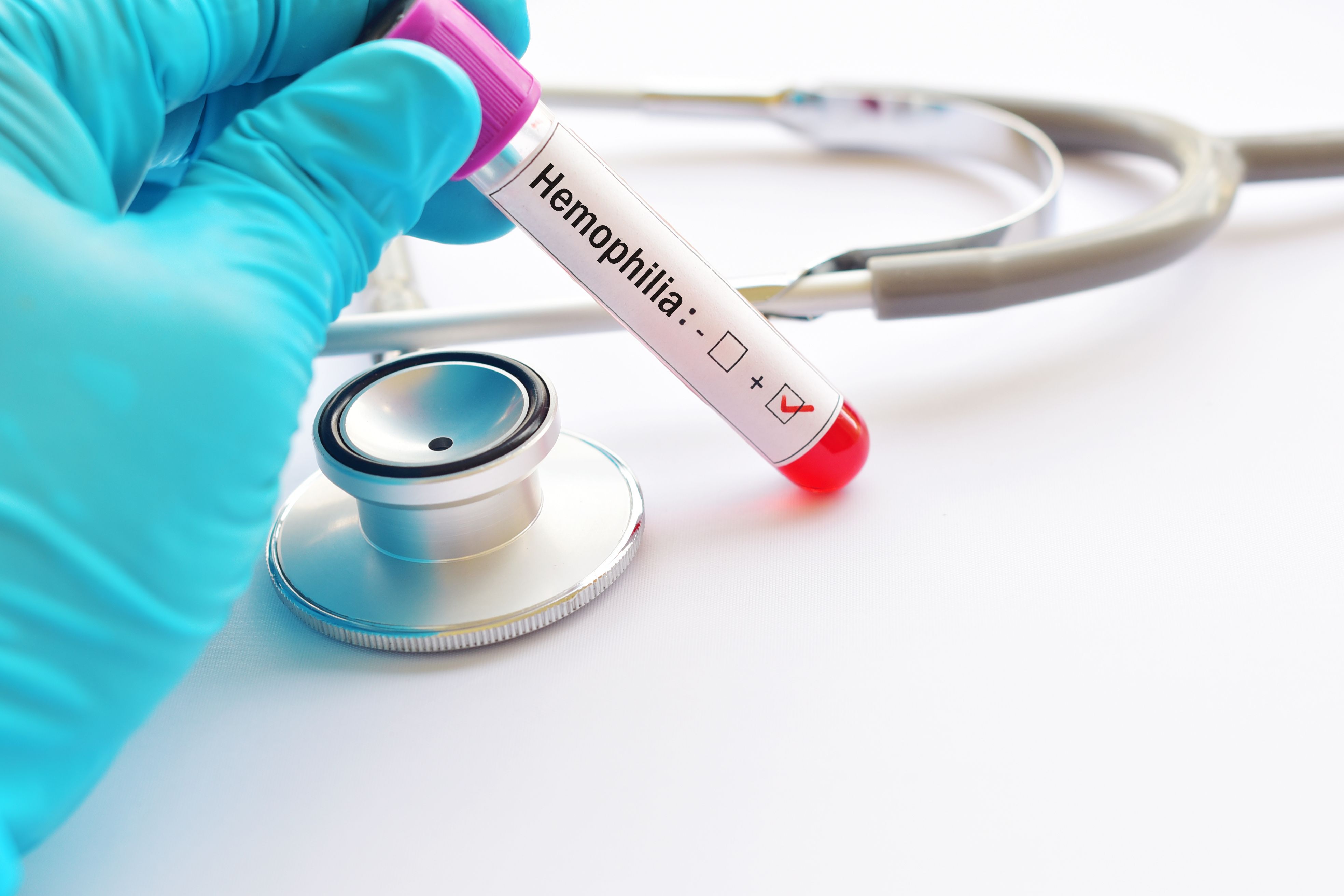News
Article
Patients With Severe Psoriasis Have Higher Risk of Heart Disease, Study Says
Author(s):
Decreased coronary flow was associated with severe psoriasis, according to one study.
The largest study to date on the relationship between severe psoriasis and coronary microvascular dysfunction (CMD) found patients with severe psoriasis had increased risk for heart disease. The cross-sectional cohort study is published in the Journal of Investigative Dermatology.1

“Patients with a reduced CFR [coronary flow reserve] underwent angio-CT to exclude a stenosis of the coronary arteries, and no patients showed coronary artery disease,” said Lead investigator Stefano Piaserico, MD, PhD, Dermatology Unit, Department of Medicine, University of Padova, in a statement.2 “Therefore, all patients with an impaired CFR in our cohort were affected by coronary microvascular dysfunction.”
Although previous studies have shown patients with severe psoriasis have increased cardiovascular morbidity and mortality, little research has been conducted on the specific mechanisms that cause this increased risk, especially for coronary microvascular dysfunction.
In the current study, the researchers aimed to assess the prevalence of reduced coronary flow reserve (CFR) using transthoracic echocardiography among patients with severe psoriasis without clinical cardiovascular disease (CVC), and its association with psoriasis and patient characteristics.
CFR pertains to the capacity of the coronary circulation to dilate and increase flow following an increased myocardial metabolic demand. Healthy CRF levels range from 3 to 6. In this study, the researchers conducted a univariate analysis of variables in patients with normal (n = 307) and reduced CRF (n =141) of 2.5 or lower.
A total of 503 patients were enrolled in the study and 55 were excluded due to technical difficulties, leaving 448 patients with complete data on CFR and disease characteristics. This cohort of patients had a mean (SD) age of 45 (± 13) years and was mainly composed of male patients (69%). Additionally, mean BMI was 29 ± 6.4 kg/m2, 24% had hypertension, 37% had hyperlipidemia, 11% had diabetes mellitus, and 57.8% were current or former smokers.
Of these patients, 141 (31.5%) showed CMD, or CFR of 2.5 or less. None of these patients had coronary stenoses at the time of the MSCT scan. Furthermore, psoriasis activity was greater in patients with CMD who were older and had slightly higher BMI compared with patients without CMD.
Psoriasis severity (odds ratio [OR], 1.06; 95% CI, 1.03-1.09; P < .001) and the duration of the disease (OR, 1.05; 95% CI, 1.02-1.07; P < .001) were both independently associated with lower CRF, as was the presence of psoriatic arthritis (OR, 1.94; 95% CI, 1.14-3.30; P = .015).
Furthermore, conventional cardiovascular risk factors, such as tobacco use, hyperlipidemia, and diabetes mellitus, were not independently associated with reduced CFR in patients with severe psoriasis.
The researchers acknowledged some limitations to the study, including that only a small portion of the study’s patients were being treated for psoriasis, some patients were treated for cardiovascular risk factors at the time of the study, and the assessment of CMD did not use other techniques besides transthoracic Doppler echocardiography.
Despite these limitations, the researchers believe the study highlights the potential mechanisms that increase the risk of cardiovascular complications among patients with severe psoriasis.
"We should diagnose and actively search for microvascular dysfunction in patients with psoriasis, as this population is at particularly high risk,” said Piaserico in a statement.2 “We might hypothesize that an early and effective treatment of psoriasis would restore the dysfunction and eventually prevent the future risk of myocardial infarction and heart failure associated with it.”
References
1. Piaserico S, Papadavid E, Cecere A, et al. Coronary microvascular dysfunction in asymptomatic patients with severe psoriasis. Journal of Investigative Dermatology. 2023;20(9). doi:10.1016/j.jid.2023.02.037
2. New evidence confirms patients with severe psoriasis are at a higher risk for heart disease. EurekAlert! September 20, 2023. Accessed September 19, 2023. https://www.eurekalert.org/news-releases/1001707
Newsletter
Stay ahead of policy, cost, and value—subscribe to AJMC for expert insights at the intersection of clinical care and health economics.




